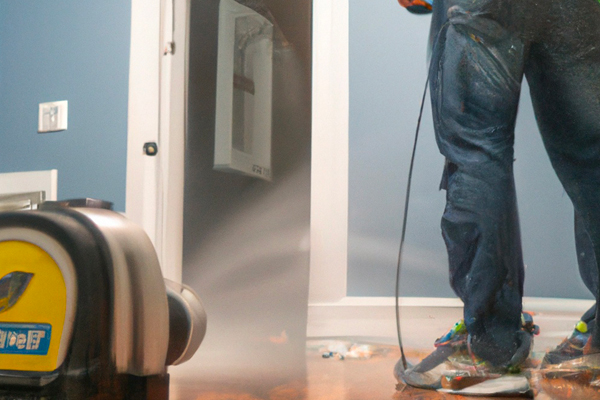When you embark on a construction project, whether it’s a home renovation or a commercial development, you put your trust in a contractor to deliver quality work. Unfortunately, there are instances where issues arise even after the construction is completed. One such distressing scenario is when a flood occurs after construction, potentially causing significant damage to the property. The question that often arises is: Can you sue your contractor if their work results in a post-construction flood?
Understanding the Situation:
Before considering legal action, it’s essential to understand the nature of the flood and its potential connection to the contractor’s work. Floods can stem from various sources, such as plumbing failures, poor drainage systems, or inadequate sealing of structures. If the flood can be directly attributed to the contractor’s negligence or shoddy workmanship, you may have grounds to take legal action.
Determining Liability:
The key factor in determining liability lies in whether the contractor breached their duty to perform the work with reasonable care and skill. If their actions or omissions directly contribute to the flood, they could be held responsible for the resulting damages. However, establishing a clear link between their work and the flood can sometimes be challenging, and expert assessments might be required.
Reviewing the Contract:
Your contract with the contractor is a vital document in this situation. It should outline the scope of work, quality standards, and any warranties or guarantees provided by the contractor. If the flood relates to an area explicitly covered in the contract, such as waterproofing or drainage, and the contractor failed to meet those obligations, you might have legal grounds for a claim.
Steps to Take:
1. Document the Damage: Before taking any legal action, thoroughly document the flood’s aftermath. Take photographs, videos, and detailed notes of the damage caused. This evidence will be crucial in establishing the extent of the harm.
2. Consult Legal Counsel: Reach out to an attorney experienced in construction law. They can assess the situation, review your contract, and provide guidance on the best course of action.
3. Expert Assessments: If necessary, hire experts in relevant fields such as plumbing, structural engineering, or waterproofing to evaluate the cause of the flood and link it to the contractor’s work.
4. Negotiation or Mediation: Depending on the situation, you might consider negotiation or mediation before pursuing formal legal action. Contractors may be open to resolving the issue outside of court to protect their reputation.
5. Legal Action: If all else fails, you may need to file a lawsuit. Your attorney will guide you through the legal process, advocating for your rights and pursuing compensation for damages.


